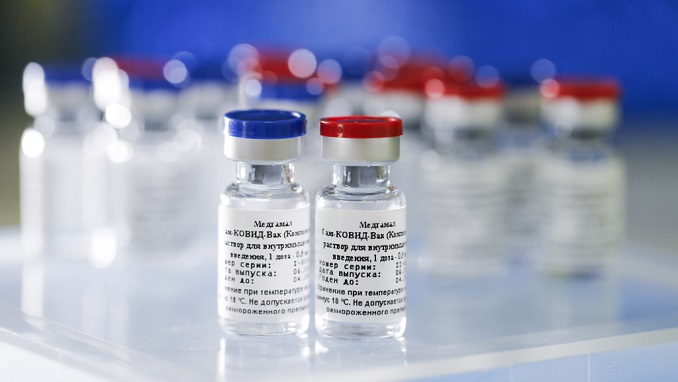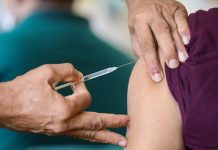The vaccine developed by AstraZeneca in collaboration with Oxford University demonstrated 62% efficacy – a far cry from the 90% and over shown in the trials of two US and one Russian vaccine that were presented earlier, Sputnik reports.
The developers of Russia’s Sputnik V vaccine have suggested that AstraZeneca try an experimental regimen during a new round of its COVID-19 vaccine trials. In a tweet, they recommended using two different vaccines, the Sputnik V and AstraZeneca’s own inoculation that was developed in cooperation with Oxford University, to try to “boost the efficacy” of the coronavirus vaccine.
The two vaccines are based on adenoviral vectors, which deliver parts of the COVID-19 virus genome to the cell, but the major difference is that Sputnik V uses human adenoviruses, while AZ’s inoculation is based on a chimpanzee one. The head of the Russian Direct Investment Fund (RDIF), which led the development of Sputnik V, has in the past indicated that the human adenoviral vector’s efficiency has been researched extensively, while the monkey adenoviral one is relatively new and has not been studied as thoroughly.
The suggestion from the developers of the Russian vaccine comes after AstraZeneca announced on Thursday, 26 November that it would consider carrying out a new trial for its vaccine after the original one showed only 62% efficacy. At the same time, Russia’s Sputnik V and two shots developed by the US firms Pfizer and Moderna boasted over 90% efficacy.
AstraZeneca revealed on 23 November that its AZD1222 vaccine had showed 90% efficacy when patients were by mistake given half a dose during the first shot followed by a full one during the second instead of two full dozes.
“Now that we’ve found what looks like a better efficacy we have to validate this, so we need to do an additional study,” AstraZeneca CEO Pascal Soriot stated.












